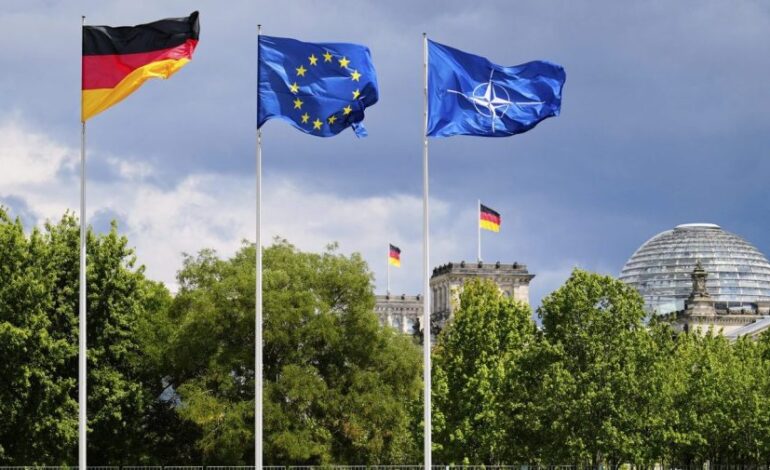Emerging ‘Minilateralism’ Reshapes Global Cooperation Frameworks

The global landscape of international relations is undergoing a significant transformation as the concept of minilateralism gains momentum. This shift is characterized by smaller, more focused coalitions that aim to address specific issues more effectively than traditional multilateral frameworks, such as those led by the United Nations or the World Trade Organization.
As nations face increasingly complex global challenges, many are turning to these tailored partnerships to foster cooperation. The G20 and ASEAN are notable examples of successful minilateral arrangements, enabling member states to collaborate on economic and security concerns relevant to their unique regional contexts.
Minilateralism’s Rise in Global Affairs
The limitations of traditional multilateralism have prompted this evolution. Many leaders argue that large, unwieldy organizations often struggle to make timely decisions or to effectively address pressing issues. Minilateralism offers a more agile alternative, allowing countries with shared interests to unite and respond swiftly to crises, from climate change to trade disputes.
The shift towards smaller groupings is evident in the increasing frequency of summits and discussions focused on specific topics. For instance, the recent G20 summit in February 2024 showcased how member nations could quickly address global inflation concerns, a stark contrast to the slower processes typical in broader multilateral settings.
Countries participating in these smaller coalitions can collaborate on specific initiatives that align with their mutual goals. This concentrated approach can yield more tangible results, whether in technological innovation, environmental protection, or public health.
Challenges and Criticisms of Minilateralism
Despite its advantages, minilateralism does not come without challenges. Critics argue that this model risks fragmenting global governance. The lack of comprehensive representation can lead to the exclusion of less powerful nations, potentially undermining broader international cooperation.
Furthermore, as smaller groups form and address issues independently, there is a concern about the potential for conflicting policies that could arise from parallel initiatives. This fragmentation may weaken collective action on global challenges that require a unified response.
As the international community navigates these complexities, the balance between minilateralism and traditional multilateralism will be crucial. The evolution of global governance will depend on the ability of leaders to foster inclusive dialogue while embracing more focused collaborations.
The ongoing developments in this area are a testament to the changing dynamics of international relations, highlighting the need for adaptable frameworks that reflect the realities of a rapidly evolving world. As nations continue to pursue effective cooperation, the impact of minilateralism will likely grow, reshaping how countries interact on the global stage.






